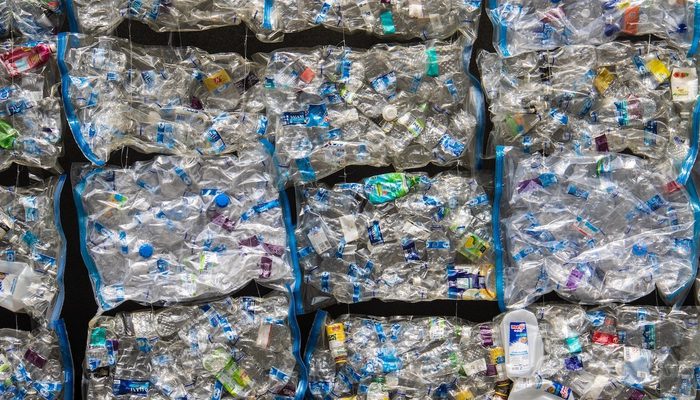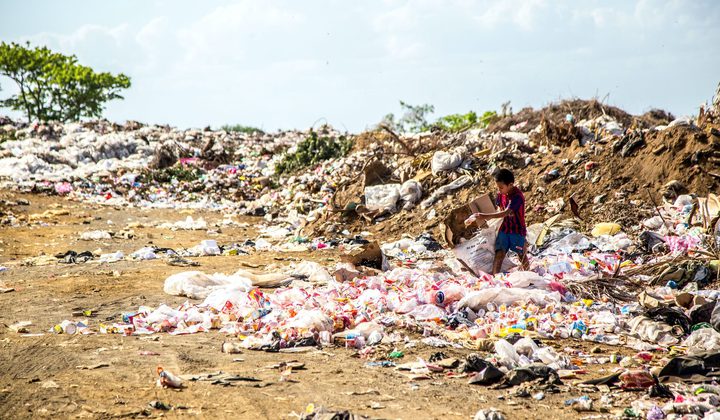Trade is central to the production and consumption of plastics, playing a key role in international supply chains for a vast range of plastic products—including single-use plastics—used globally. Accounting for 35% of the 376 million metric tonnes of plastics produced in 2019, single-use plastics are widely recognized as a major contributor to plastic pollution and form a subset of a larger group commonly termed as “unnecessary or harmful” or “problematic and avoidable” plastics and plastic products.
A diversity of countries recognize the particular contribution of single-use plastics to plastic pollution and are taking action to reduce or eliminate specific items, including through trade-related action.
Recognizing the need for immediate steps by countries to reduce or eliminate problematic, harmful, and avoidable plastics, this policy brief aims to inform discussion on options for trade-related cooperation and action on single-use plastics that could be pursued through international processes, including through the UN negotiations on an international legally binding instrument to end plastic pollution and the WTO Dialogue on Plastics Pollution among other fora.
The paper emphasizes that where trade-related action is pursued, a key priority will be to ensure transparency of measures, consultation, careful environmental and socio-economic assessments, and cooperation so that measures to tackle plastic pollution are ambitious, effective, and fair, taking into consideration wider sustainable development priorities.
Recommended citation: Sugathan, M. & Deere Birkbeck, C. (2023). Options for trade-related cooperation on problematic and avoidable plastics: Building on existing experiences with single-use plastics. Forum on Trade, Environment, & the SDGs (TESS).
TESS and the Global Plastics Treaty Negotiations
This policy brief is part of our initiative promoting international cooperation on trade to support the global plastics treaty negotiations.





